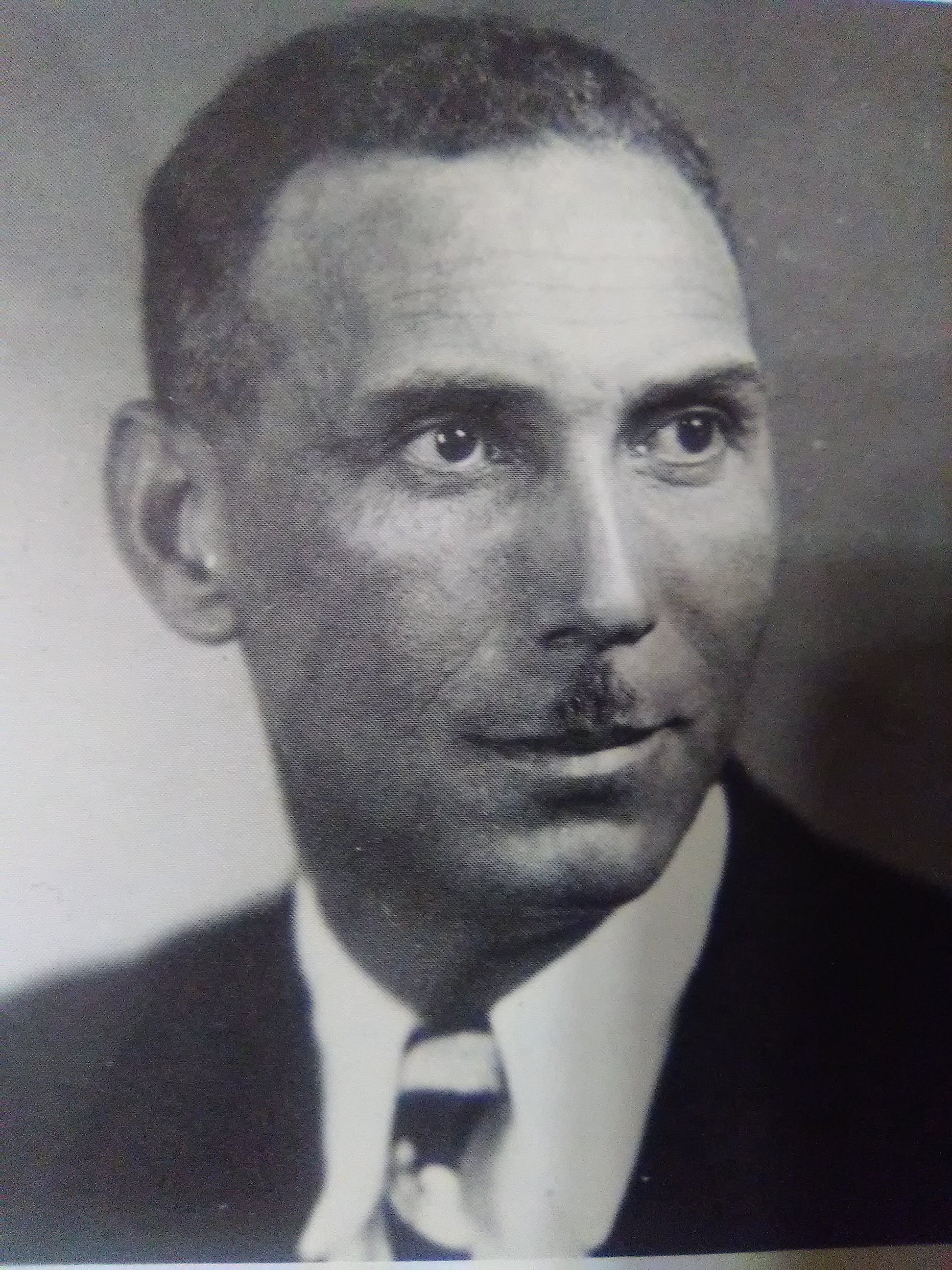In May 1864, Bratton was promoted to brigadier general, commanding Bratton’s Brigade, Field’s Division, First Corps, Army of Northern Virginia. Bratton served in this position until the army’s surrender at Appomattox on April 9, 1865. Bratton returned to Fairfield County and entered politics. A conservative Democrat, he served as a delegate to the 1865 South Carolina constitutional convention and represented Fairfield County in the S.C. Senate from 1865 to 1866. In the fall of 1884 Bratton was elected to Congress. Taking his seat in the U.S. House of Representatives on December 8, 1884, Bratton served until March 3, 1885, and did not seek reelection.




































